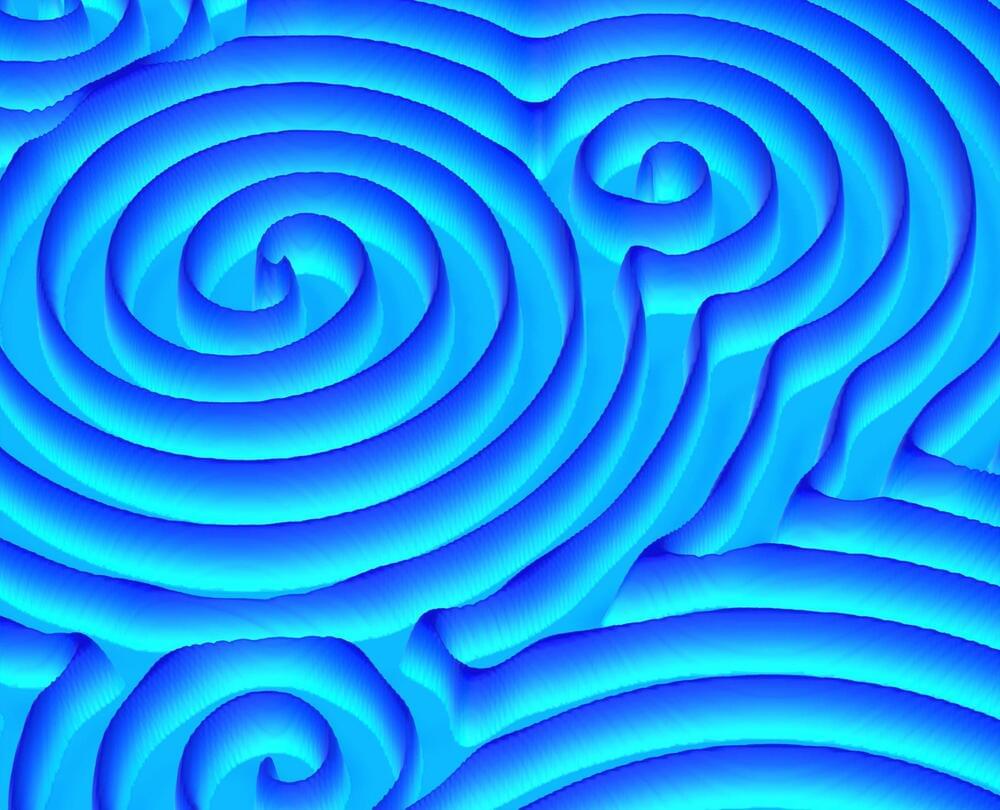A new model reveals how molecular interactions drive order in active systems.
Scientists from the Department of Living Matter Physics at the Max Planck Institute for Dynamics and Self-Organization (MPI-DS) have found that non-reciprocal interactions can enhance order in active systems. Using a newly developed model, they demonstrated how the degree of non-reciprocity influences the formation of patterns, providing deeper insight into the organization of complex, dynamic systems.
Living matter exhibits unique characteristics not found in simpler physical systems. One striking example is the uneven interaction between different types of particles. For instance, one molecule may be attracted to another, while the second is repelled — similar to how a predator pursues its prey, which instinctively tries to escape. This phenomenon, known as non-reciprocal interaction, can produce complex, large-scale patterns, as has been shown previously. These patterns often resemble essential structures found in living systems, such as the organization within a cell.
